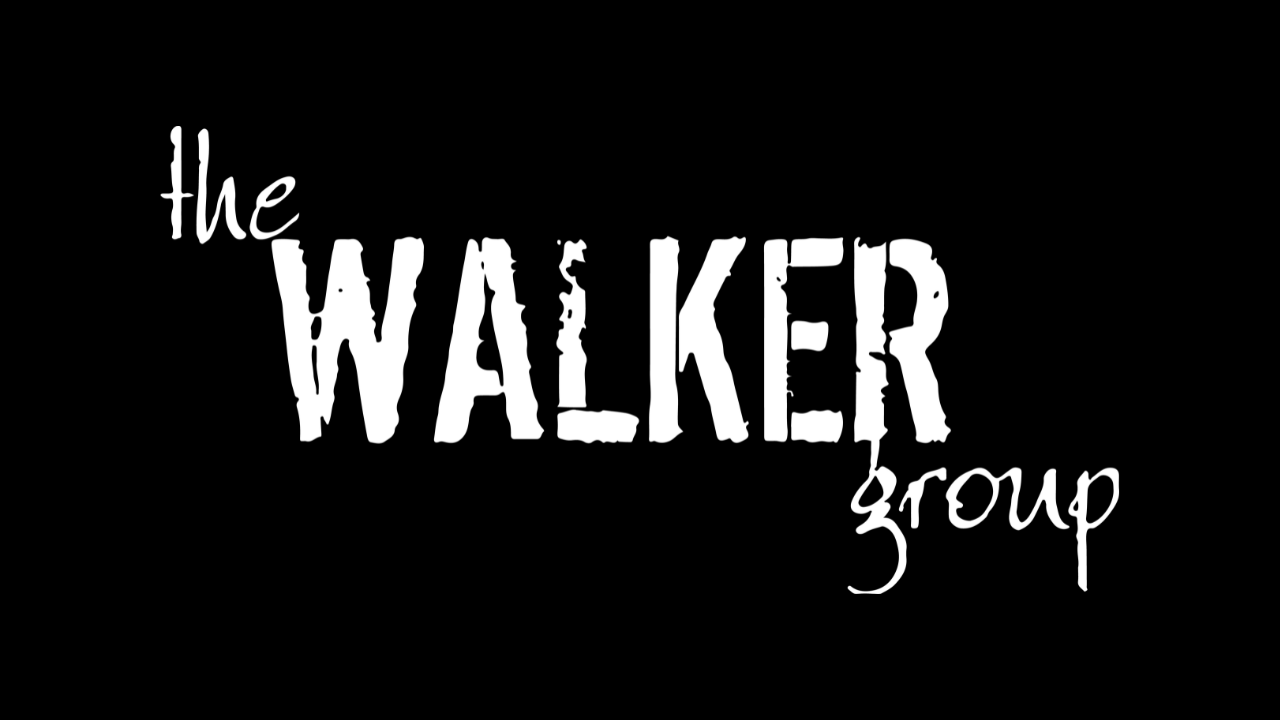Innovation and Change Slow to the B2B Segment
by Wayne Brown
The impact of innovation has contributed to the development and launch of new products and services both businesses and consumers. Although it can be a challenge to directly appreciate the impact of innovation in both our professional and personal life, incorporating these changes is evident. With each generation new product and services develop with a direct impact on the way we interact with our personal and professional relationships. Technology will continue to drive change.
I recall a time when banks were crowded with customers waiting on long lines to cash their payroll checks and managing their finances. With technology and innovation consumers could do their banking from the comforts of their home or from remote locations, never having to enter the bank. This now has become a standard way of life and the consumer interaction with their banks is a screen on their mobile device.
Situation like this are duplicate across our professional and personal life where using technology provides value and can save us valuable time from our life. But in some cases, technology has been slow to drive change. Over the years although the consumer experience has changed with how we access information and use data on the business side change is slower, especially when it comes to moving money and data.
For example, although consumers have reduced check writing and in person banking, businesses still produce a sizable number of checks. One recent statistic stated that forty percent of all B2B payments in the United States are made via paper check and payment method for a large share of businesses, according to “The Treasurers Guide to AR Payment Optimization”. In addition, 81% of businesses pay other firms via paper checks, making it the most common B2B payment method.
With so much FinTech innovation either built or on horizon, why has change to B2B payments taken so long to innovate? Businesses are slow to make changes and adopt to new ways of doing business. Many companies have established long standing processes to account for handling both traditional accounts receivable (AR) and accounts payable (AP) processes designed to handle and process checks. For many since it works, why is there a need to change.
While FinTechs work hard to bring innovation and introduce digital solutions along the cash management cycle, businesses remain slow to adopt. Introducing technology to mall to mid tier companies are remain a challenge. However, despite the established use cases, marketing dollars and incentives to change, FinTech companies remain positive.
The motivation to make changes to manual processes received a strong stimulus from the COVID 19 lockdown. Many companies changed their manual processes to move to digital since workers were not able to enter the office. Although some companies embraced the opportunity to change, others still were slow to adopt new business processes.
FinTechs will continue to use innovation and technology to drive change, whether embraced by companies are not. Success will not be achieved by mass adaption, but change will be slow. While technology will contribute to new operating efficiencies and new businesses processes, B2B companies partnering with new tech companies will accelerate change.
The Walker Group is a marketing and business development company serving multiple industries including FinTech, banking and technology. Our varied market segments enables us to identify synergies and opportunities to stimulate growth and partner with clients to build their business expand revenue. Through our one-on-one CEO Advisory Services we have helped companies to navigate through their key business problems, increase sales, build new revenue streams, market their product and gain new customers. For more information contact Wayne Brown at wbrown@walkergroupnyc.com.







